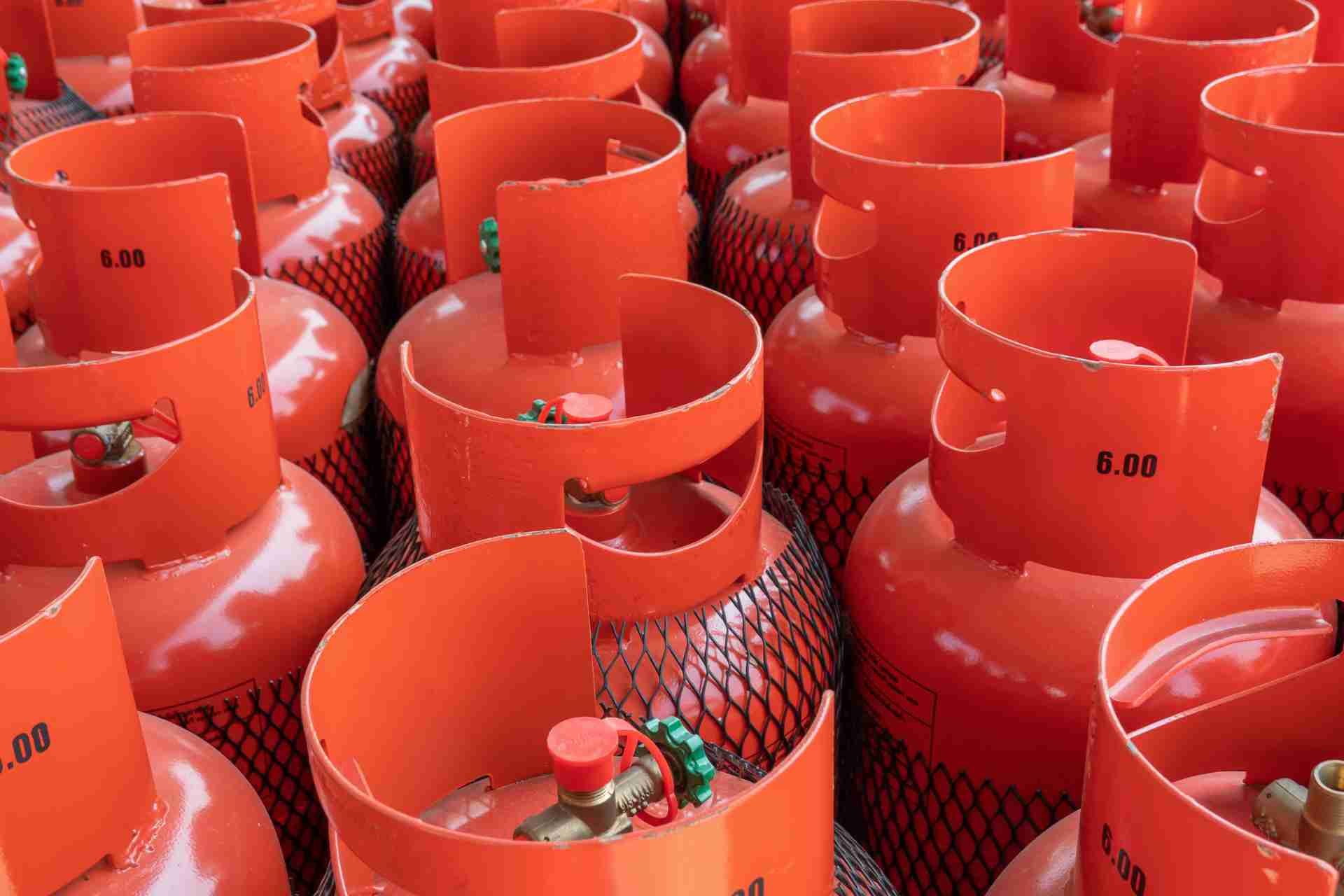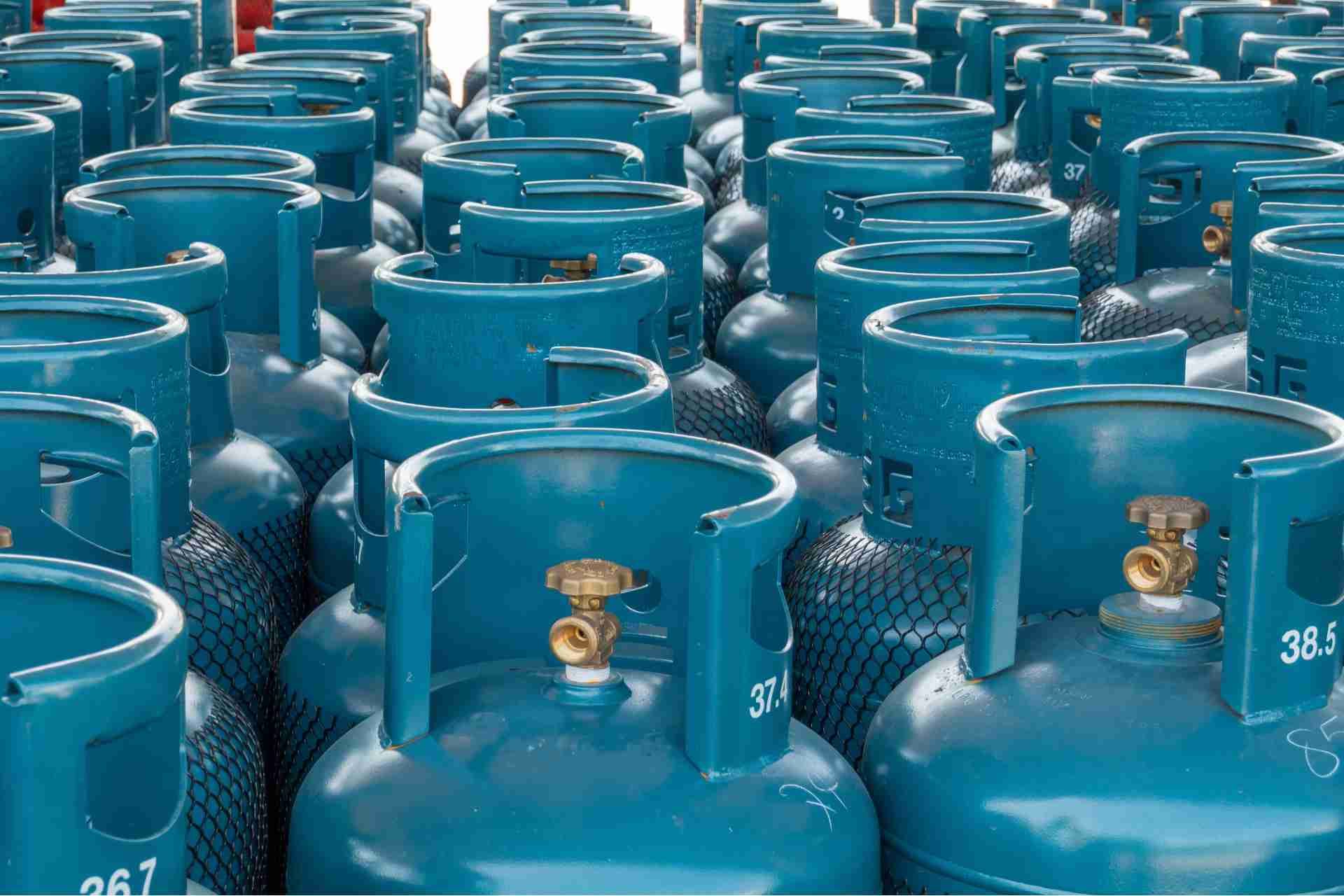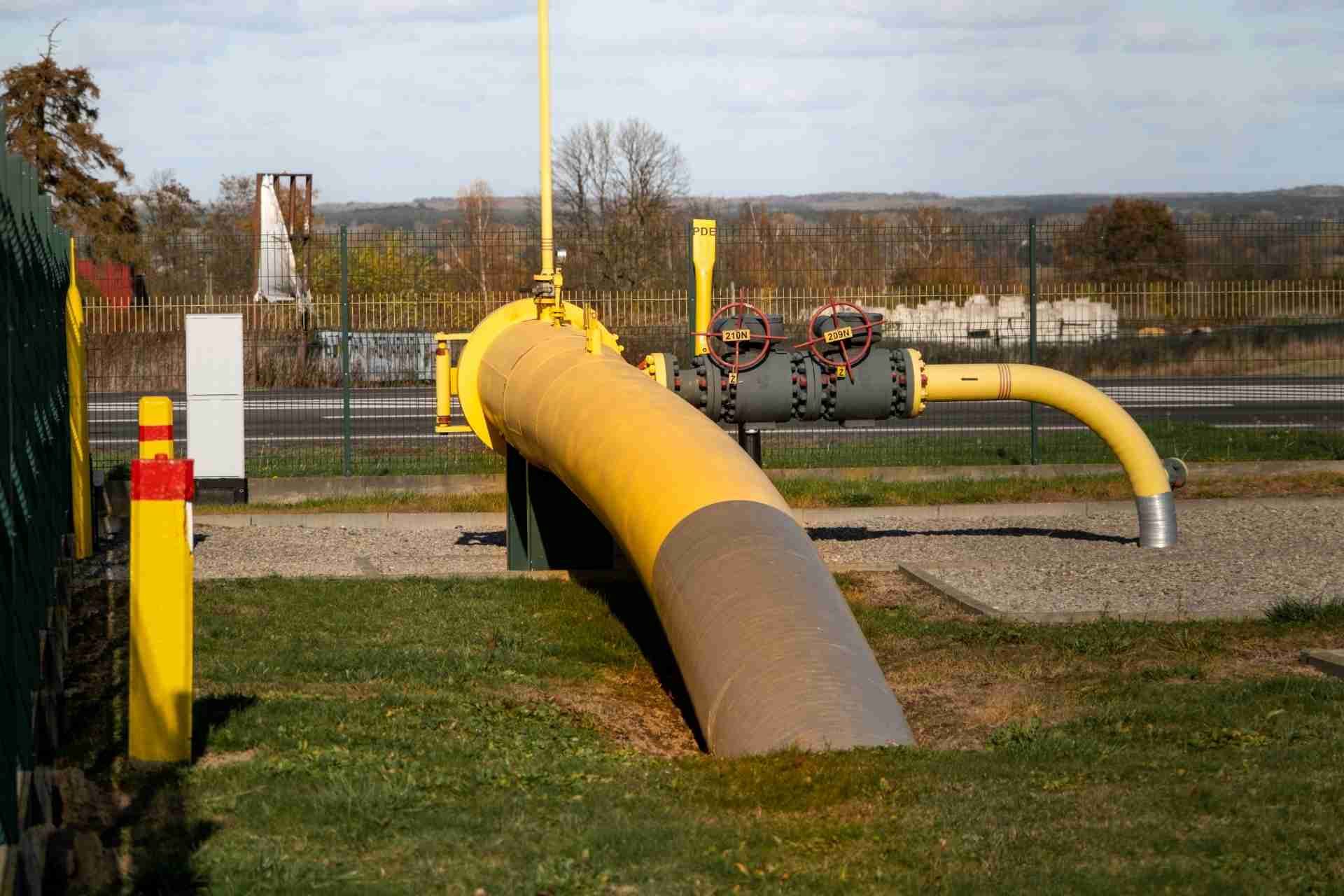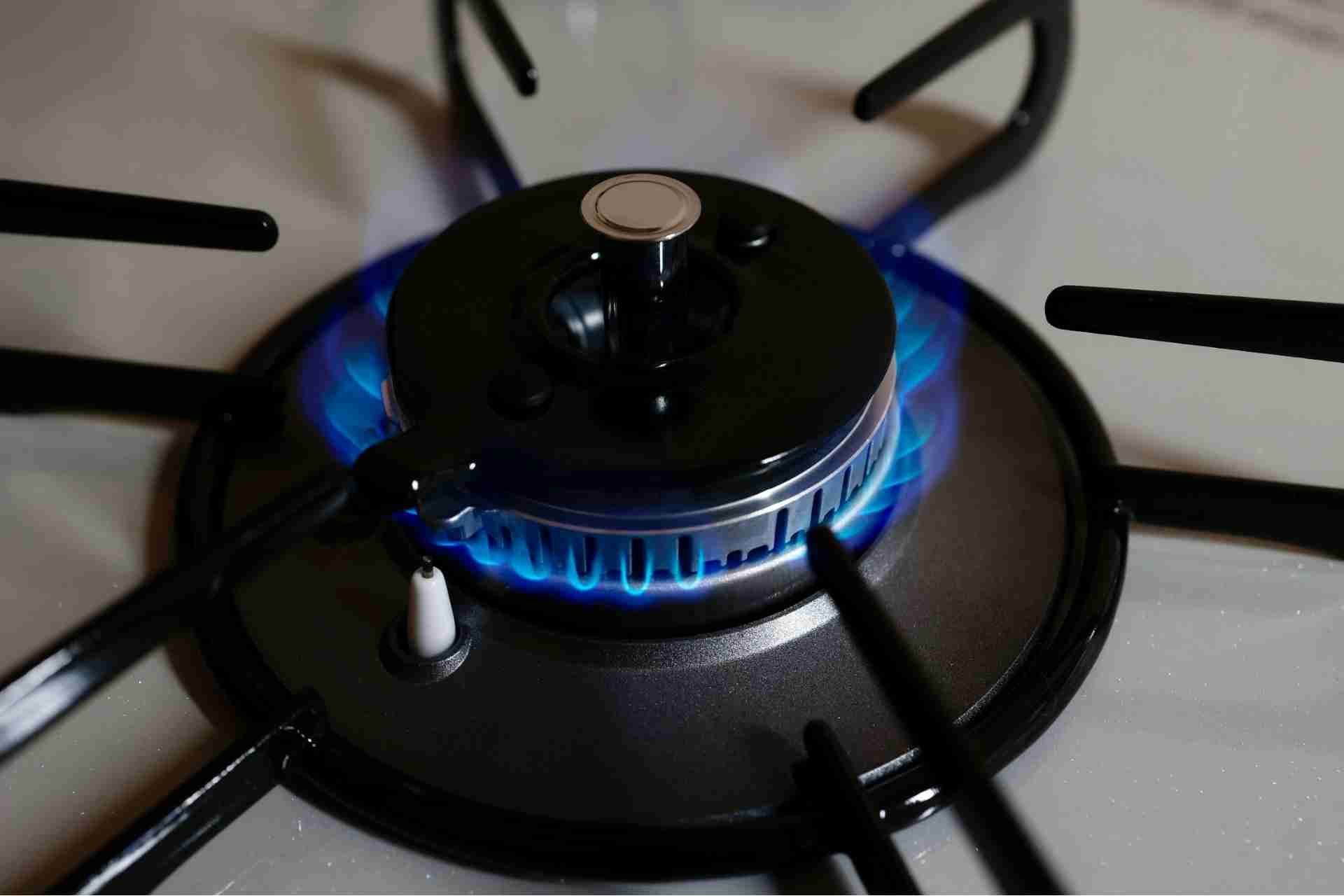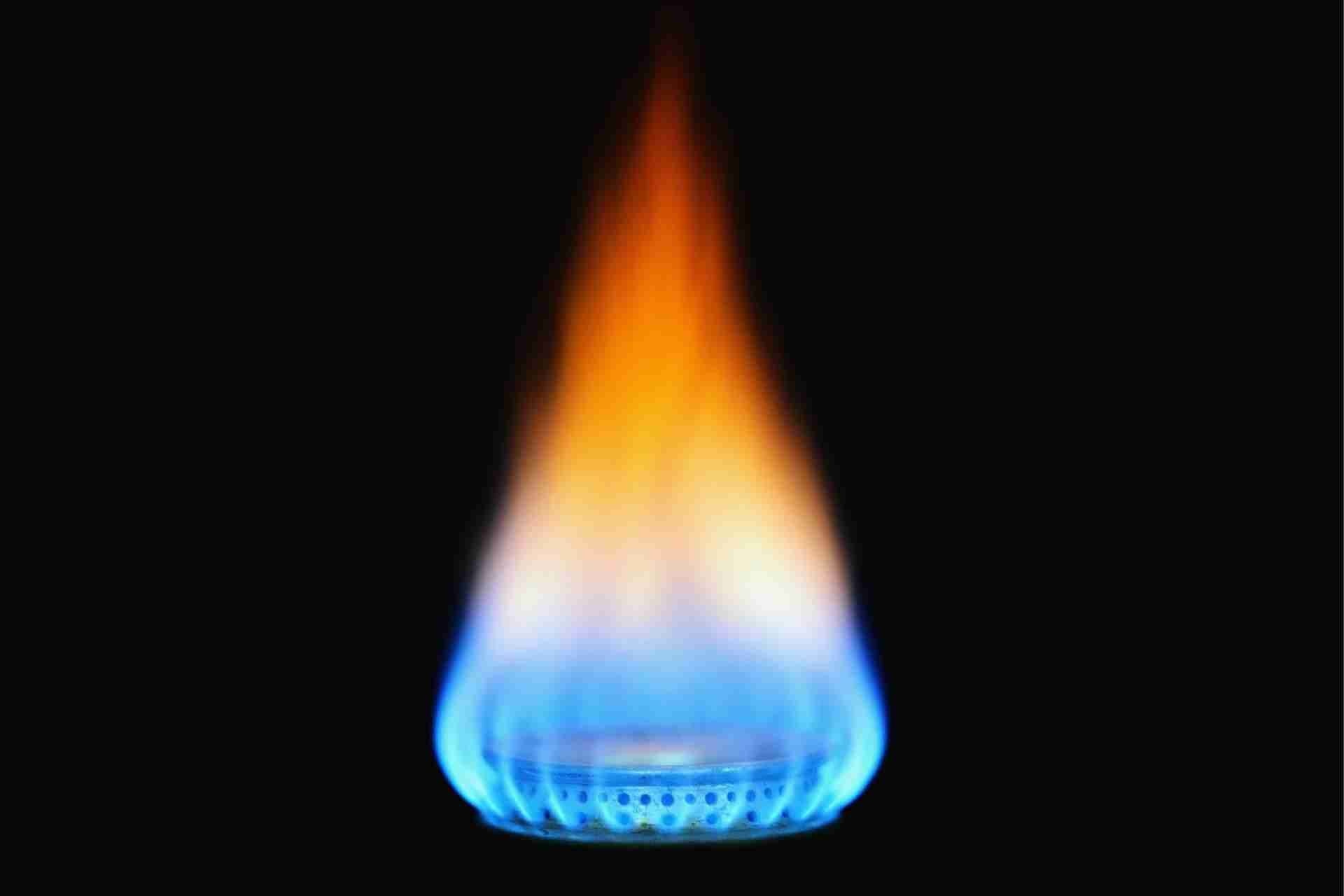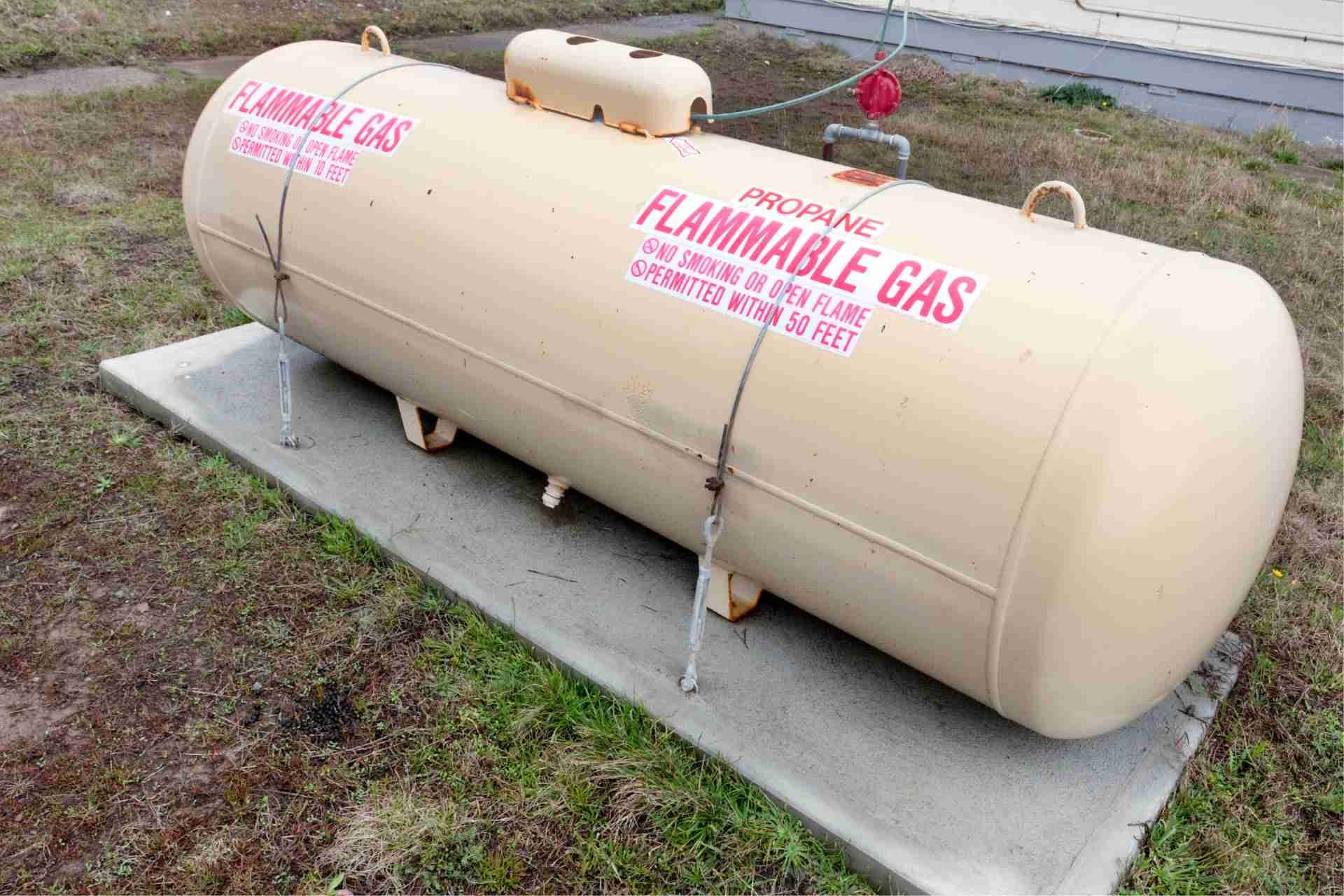Effects of Using Propane on the Environment
Propane is commonly used in residential and commercial settings for heating homes and buildings, as well as for powering appliances such as stoves, water heaters, and grills. Propane is also used as a fuel source for vehicles, forklifts, and generators.
While propane is often considered a greener alternative to traditional fossil fuels like gasoline and diesel, it is still important to consider its environmental impacts. In this article, we will explore the effects of using propane on the environment and discuss the ways in which it can be both beneficial and harmful to the planet.
What is Propane?
Propane is a colorless and odorless flammable gas stored and transported in pressurized tanks and cylinders, and can be easily converted into a liquid state for easier storage and transport. It is considered a clean-burning fuel and is widely used in residential, commercial, and industrial settings.
Is Propane Gas Good for the Environment?
Propane gas is considered to be a cleaner burning fuel compared to other fossil fuels such as coal and gasoline. It produces lower levels of greenhouse gas emissions and pollutants like sulfur dioxide and particulate matter when burned. This makes it a better option for the environment in terms of air quality and reducing carbon emissions.
Effects of Using Propane on the Environment
Greenhouse gas emissions
Propane combustion emits fewer greenhouse gases compared to other fossil fuels, but it still contributes to climate change. When burned, propane releases carbon dioxide (CO2) into the atmosphere, which is a major greenhouse gas that contributes to global warming.
Air pollution
While propane burns cleaner than other fossil fuels, it still produces pollutants such as nitrogen oxides (NOx) and carbon monoxide (CO). These pollutants can contribute to smog formation and negatively impact air quality.
Environmental impact of extraction
Propane is typically extracted through natural gas processing or crude oil refining. The extraction process can have negative environmental impacts, such as habitat destruction, water pollution, and methane emissions (a potent greenhouse gas).
Spills and leaks
Propane can leak during transportation, storage, and use, which can have negative impacts on the environment. Propane spills can contaminate soil and water sources, harm wildlife, and pose a risk to human health.
Energy efficiency
While propane is a relatively energy-efficient fuel, it is still a finite resource that must be extracted from the earth. The extraction, transportation, and distribution of propane consume energy and resources, contributing to environmental degradation.
Switch to Koopman & Sons Gas Propane Today
Make the switch to Koopman & Sons Gas Propane today and experience the benefits of clean, efficient energy for your home or business. With over 50 years of experience in the industry, we are committed to providing top-quality propane and exceptional customer service. Say goodbye to high energy bills and hello to reliable, affordable propane from Koopman & Sons.
Contact us today to make the switch and start enjoying the many advantages of propane.
